
Muramvya: The Heart of Burundi's Highlands
Nestled in the verdant highlands of Burundi, Muramvya offers a unique blend of natural beauty and cultural heritage. Known for its cool climate and stunning landscapes, this city is a haven for nature lovers and those seeking a peaceful retreat. The rolling hills and lush greenery provide a picturesque setting that is perfect for hiking, bird-watching, and photography. Muramvya is not just about natural beauty; it holds historical significance as well. It was once the capital of the ancient Kingdom of Burundi. Visitors can explore historical sites, including royal palaces and traditional homes, offering a glimpse into the rich history and culture of the Burundian people. The local markets are vibrant with the hustle and bustle of daily life, where you can find handmade crafts and taste local delicacies. The warmth and hospitality of the Muramvya people make every visit memorable. Whether you're exploring the scenic landscapes, delving into history, or simply enjoying the local cuisine, Muramvya promises an enriching experience for every traveler.
Local tips in Muramvya
- Pack warm clothes as the highlands can get quite cool, especially in the evenings.
- Hire a local guide to explore historical sites and understand the cultural significance of the area.
- Visit the local markets early in the morning for the best selection of fresh produce and handmade crafts.
- Try the local dish called 'Boko Boko Haree' to get a taste of traditional Burundian cuisine.
- Bring comfortable hiking shoes if you plan to explore the nearby hills and nature trails.
Muramvya: The Heart of Burundi's Highlands
Nestled in the verdant highlands of Burundi, Muramvya offers a unique blend of natural beauty and cultural heritage. Known for its cool climate and stunning landscapes, this city is a haven for nature lovers and those seeking a peaceful retreat. The rolling hills and lush greenery provide a picturesque setting that is perfect for hiking, bird-watching, and photography. Muramvya is not just about natural beauty; it holds historical significance as well. It was once the capital of the ancient Kingdom of Burundi. Visitors can explore historical sites, including royal palaces and traditional homes, offering a glimpse into the rich history and culture of the Burundian people. The local markets are vibrant with the hustle and bustle of daily life, where you can find handmade crafts and taste local delicacies. The warmth and hospitality of the Muramvya people make every visit memorable. Whether you're exploring the scenic landscapes, delving into history, or simply enjoying the local cuisine, Muramvya promises an enriching experience for every traveler.
When is the best time to go to Muramvya?
Unmissable attractions to see
Living Museum (Bujumbura Zoo)
Discover Burundi's wildlife and culture at the Living Museum in Bujumbura, a unique zoo and museum experience in the heart of the city.
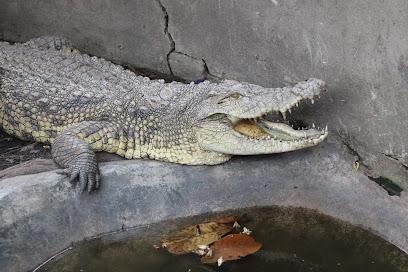
National Museum of Gitega
Discover the heart of Burundian culture at the National Museum of Gitega, where history, art, and tradition come alive in every exhibit.
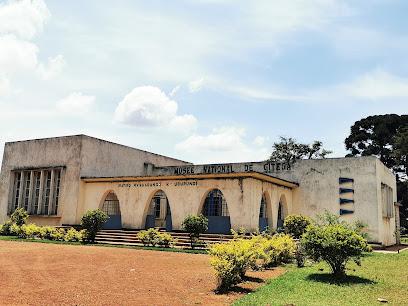
Gishora Drum Sanctuary Burundi
Discover the vibrant rhythms and cultural heritage of Burundi at the Gishora Drum Sanctuary, an unforgettable tourist attraction.
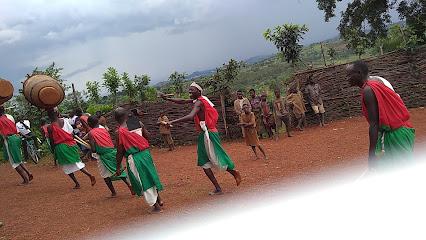
Stade Prince Louis Rwagasore
Experience the passion of Burundian sports and culture at Bujumbura's iconic stadium, a tribute to national hero Prince Louis Rwagasore.
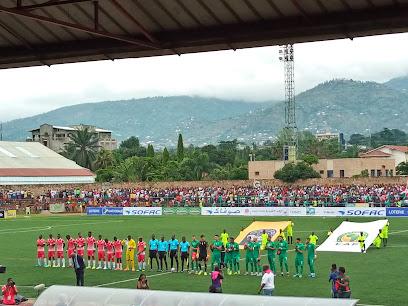
Kibira National Park
Explore the lush landscapes and diverse wildlife of Kibira National Park, a must-visit natural sanctuary in Burundi for every nature lover.
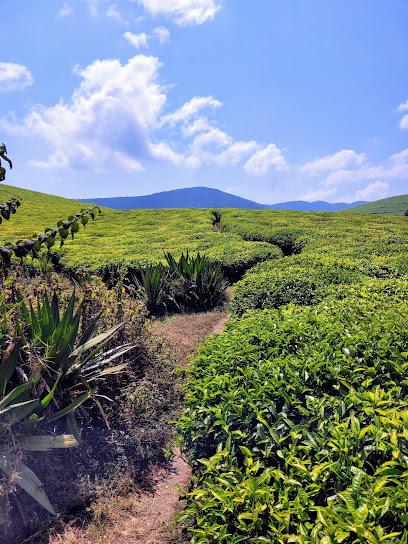
Rusizi National Park
Discover the pristine beauty and rich biodiversity of Rusizi National Park in Burundi – a paradise for nature lovers and adventure seekers.
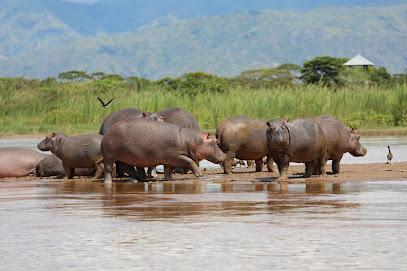
Essential places to dine
Arena Restaurant Lounge Bar
Discover the lively spirit of Bujumbura at Arena Restaurant Lounge Bar – where local flavors meet vibrant nightlife.
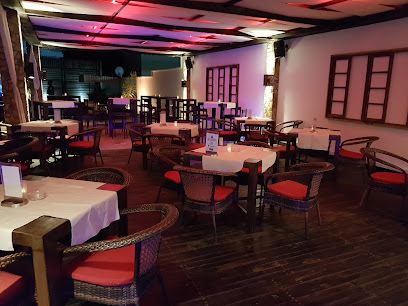
Waka Waka
Experience authentic Italian cuisine at Waka Waka in Bujumbura - where every dish tells a story.
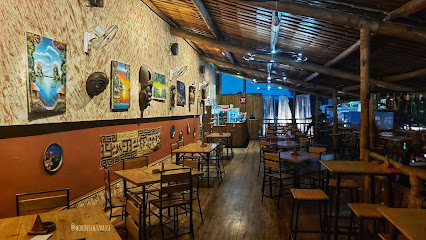
Zanzi
Discover the vibrant flavors of Burundi at Zanzi, a top-rated restaurant in Bujumbura offering a delightful culinary journey.
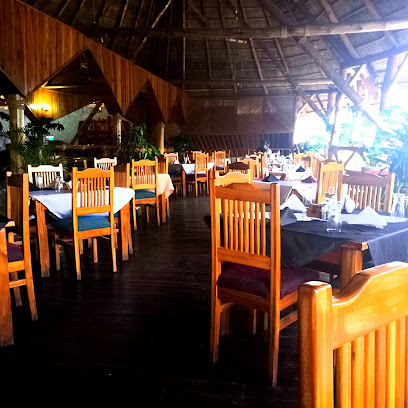
Harrys Grill House
Experience exquisite grilled delights at Harry's Grill House in Bujumbura - where local flavors meet vibrant dining.
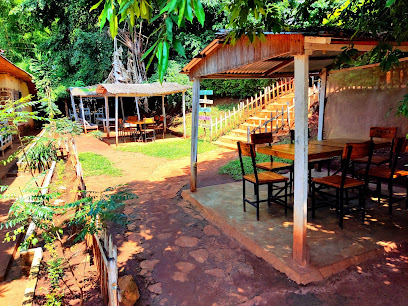
Maquis
Experience authentic Burundian cuisine at Maquis in Bujumbura—where tradition meets flavor in a vibrant dining atmosphere.
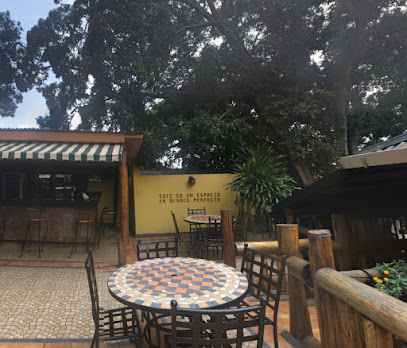
Belvedere Restaurant
Experience exquisite dining at Belvedere Restaurant in Bujumbura with stunning views and a diverse menu showcasing local flavors.
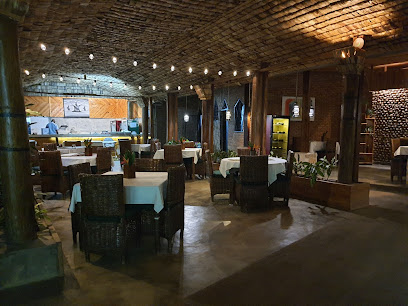
Taj Mahal grana parmisiano
Discover the rich flavors of India at Taj Mahal Grana Parmisiano in Bujumbura – where culinary tradition meets modern dining.
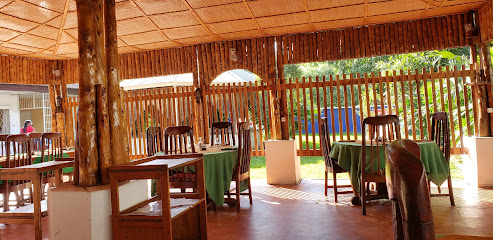
Restaurant Chez Orphée
Experience the rich culinary heritage of Burundi at Restaurant Chez Orphée in Bujumbura – where tradition meets modern gastronomy.
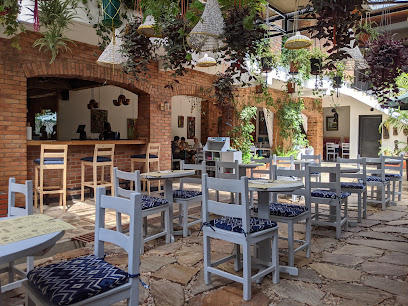
Flamboyant Gardens
Flamboyant Gardens: A Culinary Oasis in Bujumbura Offering Delicious Cuisine Amidst Lush Greenery.
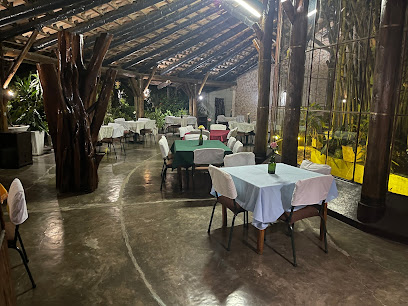
Paparazzi Restaurant
Discover the vibrant flavors of Burundian cuisine at Paparazzi Restaurant, where family-friendly dining meets stunning lakeside views.
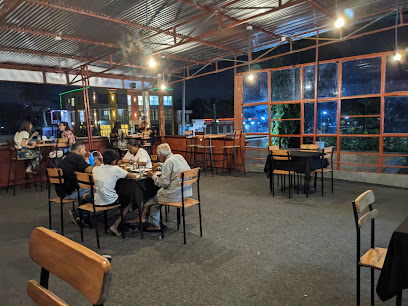
Restaurant Bar Meteo
Discover the vibrant flavors of Burundi at Restaurant Bar Meteo, your go-to dining spot in Bujumbura for delicious meals and lively atmosphere.
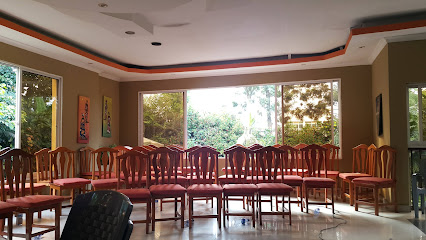
LM Kafe
Discover the vibrant flavors of Burundi at LM Kafe in Bujumbura – where culinary excellence meets a warm atmosphere.
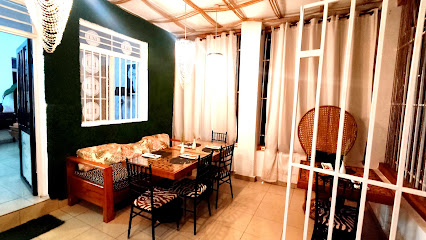
Restaurant Oasis
Discover flavorful local and international cuisine at Restaurant Oasis in Bujumbura – a true culinary gem for tourists.
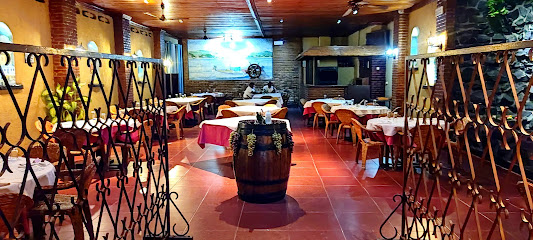
Restaurant Tanganyika
Discover the exquisite blend of local flavors and international cuisine at Restaurant Tanganyika in Bujumbura's scenic lakeside setting.
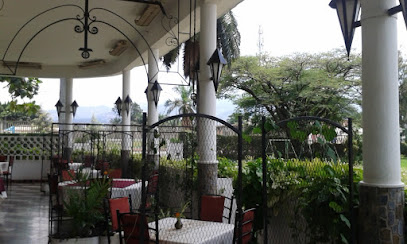
Kanowe
Experience authentic Burundian cuisine at Kanowe in Bujumbura - a perfect blend of tradition and modern culinary artistry.
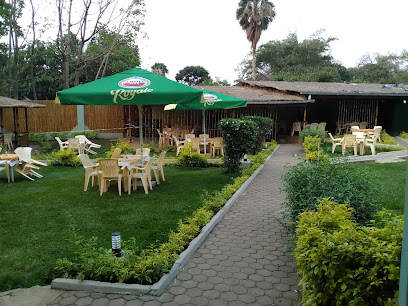
Markets, malls and hidden boutiques
Maison Zarine Burundi
Explore the latest in electronics at Maison Zarine Burundi, your go-to tech destination in Bujumbura.
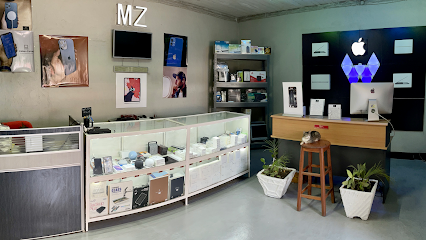
Sun city store
Discover unique local products and everyday essentials at the Sun City Store in Bujumbura, a perfect blend of culture and shopping.
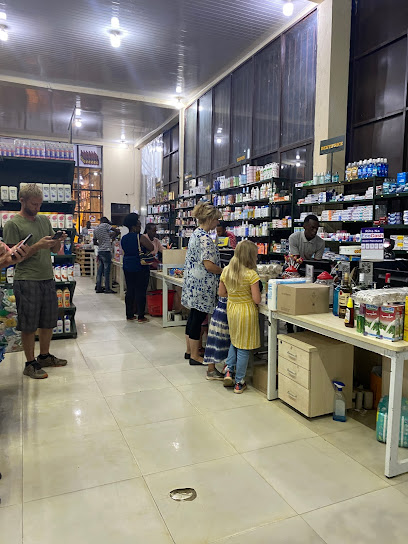
Home World Supermarket
Explore the flavors of Burundi at Home World Supermarket, your go-to destination for authentic local products and a taste of everyday life in Bujumbura.
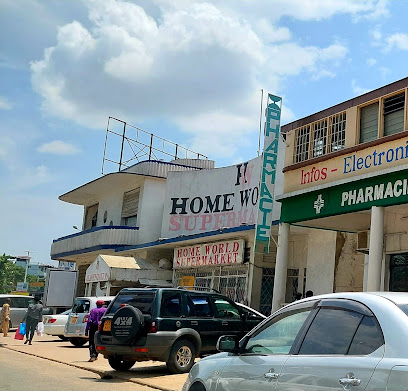
Muco Shop
Explore Muco Shop in Bujumbura for unique home goods and local crafts that capture the essence of Burundian culture.
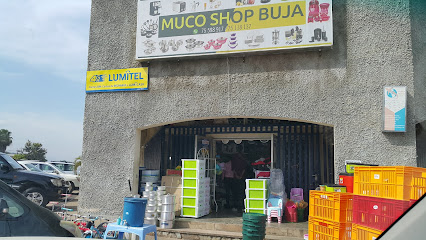
Alpha CD Technology
Experience the best of Bujumbura at Alpha CD Technology, your go-to outlet store for furniture, electronics, and air conditioning solutions.

Teza tea factory
Explore the rich heritage and flavors of Burundian tea at Teza Tea Factory, a serene destination for tea enthusiasts and travelers.
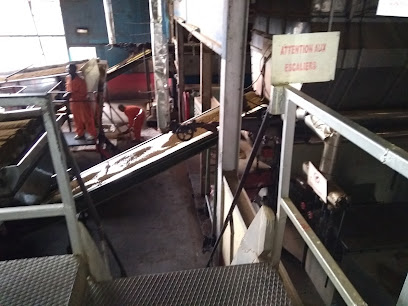
Gitega Galerie GWANZU
Explore Gitega Galerie GWANZU for authentic Burundian crafts, unique souvenirs, and a cultural experience that connects you with local artisans.
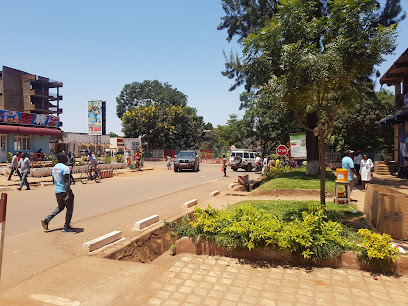
Boutique St Pierre
Explore the unique charm and local craftsmanship at Boutique St Pierre, Bujumbura's premier destination for artisanal shopping.
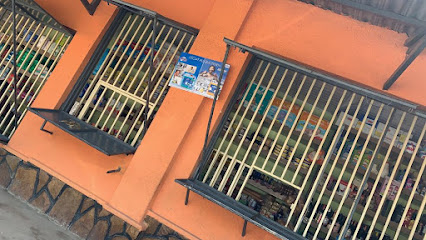
EL SHADDAI GASENYI
Explore El Shaddai Gasenyi for unique fashion accessories that reflect the vibrant culture and craftsmanship of Bujumbura, Burundi.
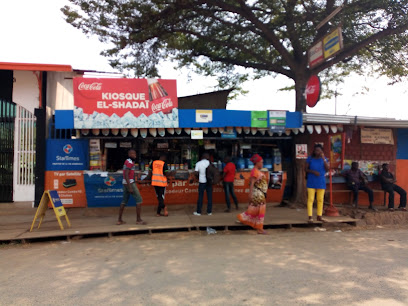
SUPER DEALS Burundi
Discover the best shopping experience in Bujumbura at SUPER DEALS Burundi, where local culture meets global brands.
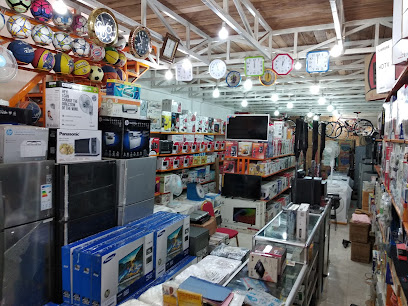
Marché Centrale de Gitega
Explore the vibrant Marché Centrale de Gitega, a cultural hub showcasing Burundian clothing, crafts, and local delicacies in the heart of Gitega.

Boutique Kwa Manweri
Explore the flavors of Burundi at Boutique Kwa Manweri, your essential grocery stop in Bujumbura for local delicacies and fresh produce.

Boutique alimentaire
Discover the culinary treasures of Bujumbura at Boutique Alimentaire, your go-to grocery store for local flavors and fresh ingredients.

Mugisha Shop
Explore Mugisha Shop in Bujumbura for a unique blend of local craftsmanship and modern design, perfect for souvenirs or home essentials.

Murambi Coffee
Experience the vibrant culture and unique shopping opportunities at Murambi Coffee, the heart of Nkonyovu's retail scene.

Essential bars & hidden hideouts
Kumutwenzi Bar
Discover the vibrant atmosphere of Kumutwenzi Bar, a popular spot in Bujumbura offering traditional drinks and local culture.
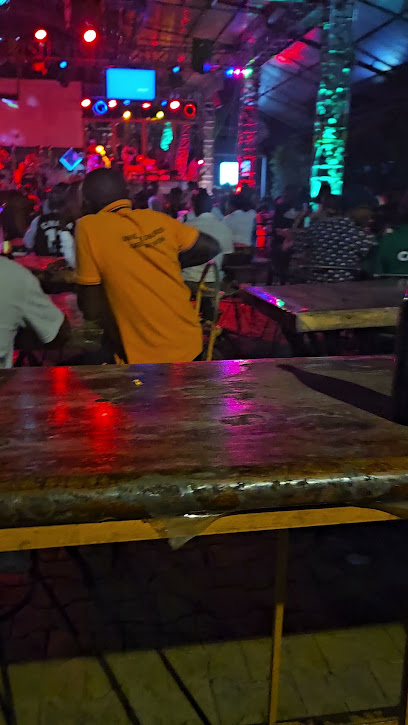
Mubandi
Discover Mubandi, a vibrant bar in Bujumbura offering a unique blend of local and international drinks in a welcoming atmosphere.

Mubano Bar
Experience the vibrant nightlife of Bujumbura at Mubano Bar, where locals and tourists come together for memorable evenings.
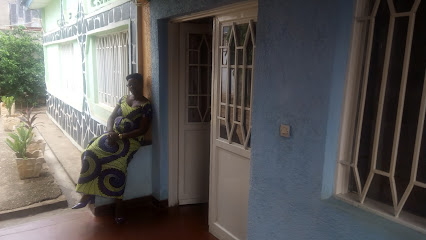
MUTIMA Resto Bar
Experience the lively ambiance and delightful drinks at MUTIMA Resto Bar in Bujumbura, the perfect spot to unwind and socialize.
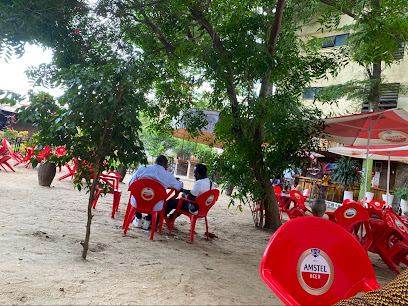
Snack Bar BUKEYENEZA
Experience the vibrant atmosphere of Snack Bar BUKEYENEZA, a charming beer hall in Shumba, where local brews and culture come together.

Bugarama Bar
Experience the vibrant nightlife of Mpehe at Bugarama Bar, where local culture meets refreshing drinks in a lively atmosphere.
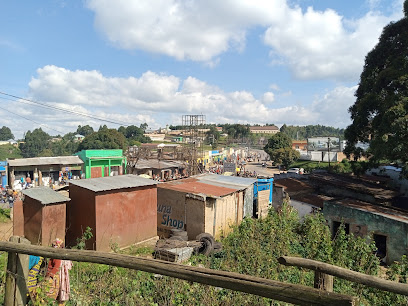
BEST GARDEN RESTO-BAR
Discover the enchanting Best Garden Resto-Bar in Bujumbura, where nature meets delightful culinary experiences in a serene atmosphere.

Lolo Chilla's
Discover the culinary delights of Lolo Chilla's in Mpehe, where delicious grilled flavors meet the warmth of local hospitality.
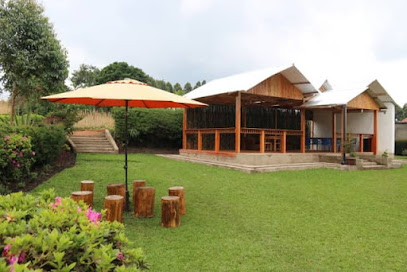
MIKI Lounge Bar
Experience the vibrant nightlife of Mpehe at MIKI Lounge Bar, where local flavors meet refreshing drinks in a cozy atmosphere.

Maranatha Bar
Experience the vibrant atmosphere at Maranatha Bar in Bujumbura, offering refreshing drinks and local culture in a lively setting.
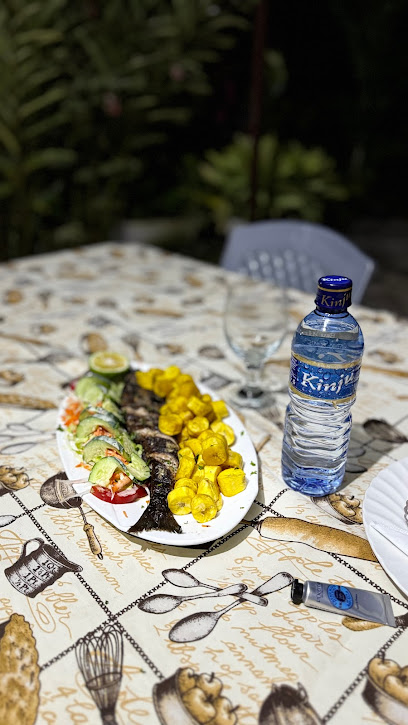
Bohemia bar chez Muramba
Discover the lively atmosphere of Bohemia Bar Chez Muramba, a premier destination for drinks and local culture in Nyamabere.

Kwa Majidi
Experience the lively atmosphere of Kwa Majidi in Butuhurana, a bar where local flavors and culture come together to create unforgettable memories.

Best Next Bar
Experience the vibrant nightlife and local culture at Best Next Bar in Bwoga, where refreshing drinks and lively atmosphere await.

Mukesh
Discover the vibrant nightlife at Mukesh in Kiremera, where local flavors and lively atmosphere create unforgettable experiences.

Local Phrases
-
- HelloMuraho
[moo-rah-ho] - GoodbyeKwaheri
[kwa-heh-ree] - YesEego
[ee-go] - NoOya
[oy-ah] - Please/You're welcomeNtivyakunze
[n-tee-vyah-koon-zay] - Thank youUrakoze
[oo-rah-koh-zay] - Excuse me/SorryNdasigara
[n-dah-see-gah-rah] - How are you?Waramutse?
[wah-rah-moo-tsay] - Fine. And you?Ni meza. Wewe?
[nee meh-zah. way-way?] - Do you speak English?Wamva ikinyarwanda?
[wahm-vah ee-keen-yah-rwan-dah?] - I don't understandSindakumva
[seen-dah-koom-vah]
- HelloMuraho
-
- I'd like to see the menu, pleaseNtakurondera ikimenyero, kubita
[n-tah-koo-ron-deh-rah ee-kee-mehn-yeh-roo, koo-bee-tah] - I don't eat meatSindabikora ibiryo bya nyama
[seen-dah-bee-koh-rah ee-beer-yoh byah nyah-mah] - Cheers!Amahoro!
[ah-mah-hoh-roh] - I would like to pay, pleaseNtakurondera kubonana
[n-tah-koo-ron-deh-rah koo-boh-nah-nah]
- I'd like to see the menu, pleaseNtakurondera ikimenyero, kubita
-
- Help!Inkuru!
[een-koo-roo] - Go away!Jya kure!
[jee-yah koo-ray] - Call the Police!Kohera Polisi!
[koh-heh-rah poh-lee-see] - Call a doctor!Kohera umuranga!
[koh-heh-rah oo-moo-rahn-gah] - I'm lostNdenzwe
[n-den-zweh] - I'm illNdenzwa
[n-den-zwah]
- Help!Inkuru!
-
- I'd like to buy...Ntakurondera kugura...
[n-tah-koo-ron-deh-rah koo-goo-rah] - I'm just lookingNdi gukora uburyohe
[n-dee goo-koh-rah oo-boo-ryo-heh] - How much is it?Ni iki gihe?
[nee ee-kee gee-heh?] - That's too expensiveIyi ni yo barihe
[ee-yee nee yoh bah-ree-heh] - Can you lower the price?Wiyumve iki?
[wee-yoom-veh ee-kee?]
- I'd like to buy...Ntakurondera kugura...
-
- What time is it?Ni iki gihe?
[nee ee-kee gee-heh] - It's one o'clockNi saa rimwe
[nee sah reem-weh] - Half past (10)Irimo ukwezi umunani
[ee-ree-moh ooh-kweh-zee oo-moo-nah-nee] - MorningIgisibo
[ee-gee-see-boh] - AfternoonIgihembwe
[ee-gee-hem-bweh] - EveningIgisibo
[ee-gee-see-boh] - YesterdayEjo
[eh-joh] - TodayEjo
[eh-joh] - TomorrowEjo
[eh-joh] - 1Rimwe
[reem-weh] - 2Kabiri
[kah-bee-ree] - 3Gatatu
[gah-tah-too] - 4Kane
[kah-neh] - 5Gatanu
[gah-tah-noo] - 6Gatandatu
[gah-tah-n-dah-too] - 7Kumwe
[koom-weh] - 8Nyanya
[nyah-nyah] - 9Kenda
[ken-dah] - 10Igice
[ee-gee-chay]
- What time is it?Ni iki gihe?
-
- Where's a/the...?Igihe kirageze...?
[ee-gee-heh kee-rah-gay-zay] - What's the address?Ishirangirira ni iki?
[ee-shee-rahng-ee-ree-rah nee ee-kee] - Can you show me (on the map)?Wiyumve iki? (muri iyi ramapu)
[wee-yoom-veh ee-kee? (moo-ree ee-ee rah-mah-poo)] - When's the next (bus)?Iki gihe cyarageze?
[ee-kee gee-heh chyah-rah-gay-zay] - A ticket (to ....)Igipapu (ku ....)
[ee-gee-pah-poo (koo ....)]
- Where's a/the...?Igihe kirageze...?
History of Muramvya
-
Muramvya is one of the oldest towns in Burundi, believed to have been founded in the early centuries of the second millennium. Initially, it served as a royal capital and administrative center for the Kingdom of Burundi. The town's strategic location on the high plateau made it an ideal place for governance and control over the region.
-
In the 17th and 18th centuries, Muramvya was a significant political and cultural center under the reign of the Burundi kings, known as Mwami. It was here that many important decisions were made, and it served as the heart of the kingdom's political life. The royal court in Muramvya was a symbol of the kingdom’s unity and power.
-
In the late 19th century, Muramvya came under German colonial rule as part of German East Africa. The Germans established administrative posts in Muramvya, which played a crucial role in their colonial administration. The town was a focal point for colonial officials who sought to control and exploit the region’s resources.
-
Following World War I, the League of Nations mandated Burundi to Belgium. Muramvya continued to be an important administrative center under Belgian rule. The Belgians introduced new administrative structures, educational systems, and Christian missionary activities, which significantly influenced the social and cultural landscape of Muramvya.
-
Muramvya played a role in Burundi's push for independence, which was achieved on July 1, 1962. The town was a hub for political gatherings and discussions among local leaders and activists. The spirit of independence was palpable in Muramvya, as it had always been a center of political power and influence.
-
Muramvya is rich in cultural heritage, with traditional music, dance, and crafts playing an important role in the community. The town is known for its vibrant drum performances and the Intore dancers, who perform during important ceremonies and festivals. Muramvya also boasts several historical sites, including ancient royal palaces and burial grounds.
-
Today, Muramvya continues to be an important town in Burundi, blending its historical significance with modern developments. It is a place where visitors can explore the rich history of the Kingdom of Burundi, experience traditional Burundian culture, and enjoy the scenic beauty of the surrounding highlands. The town remains a testament to Burundi's enduring heritage and resilience.
Muramvya Essentials
-
Muramvya is located in the central part of Burundi. The nearest international airport is Bujumbura International Airport, approximately 50 kilometers away. From Bujumbura, you can take a private taxi or a shared minibus (matatu) to Muramvya. The journey typically takes around 1 to 1.5 hours by road. Alternatively, you can rent a car from Bujumbura and drive yourself, which gives you the flexibility to explore the surrounding areas.
-
Muramvya is a relatively small town, and many of its attractions are within walking distance. For longer trips, local taxis are available and generally affordable. Shared minibuses (matatus) are a common way to get around and connect to nearby towns and villages. It's also possible to rent a bicycle if you prefer to explore at a slower pace. Renting a car can be a convenient option for exploring the broader region.
-
The official currency in Burundi is the Burundian Franc (BIF). Credit cards are accepted in some hotels and restaurants in Muramvya, but it is advisable to carry cash, especially for smaller establishments and local markets. ATMs are available, but they may not always be reliable, so it's wise to withdraw sufficient cash in Bujumbura before traveling to Muramvya.
-
Muramvya is generally a safe destination for tourists. However, it is advisable to take standard precautions. Avoid walking alone at night in unfamiliar areas and keep an eye on your belongings in crowded places. While Muramvya does not have specific high-crime areas targeting tourists, staying vigilant and aware of your surroundings is always best.
-
In case of an emergency, dial 112 for immediate assistance. The local police station and medical facilities are available in Muramvya. It is recommended to have travel insurance that covers medical emergencies. For minor health issues, there are pharmacies in the town where you can purchase over-the-counter medications. In more severe cases, you may need to travel to Bujumbura for more comprehensive medical care.
-
Fashion: Do dress modestly, especially when visiting religious sites. Avoid wearing revealing clothing. Religion: Do respect local customs and traditions. Always remove your shoes when entering religious buildings. Public Transport: Do be respectful and give up your seat to elderly passengers. Don't eat or drink on public transport. Greetings: Do greet people with a handshake and a smile. A slight bow of the head is also a sign of respect. Eating & Drinking: Do try local delicacies and accept food offerings graciously. Don't refuse hospitality, as it is considered impolite.
-
To experience Muramvya like a local, visit the local markets where you can buy fresh produce and traditional Burundian goods. Engage with locals, as they are often friendly and willing to share stories about the town's history and culture. Don't miss visiting the Royal Drums Sanctuary, which is an important cultural site. For a unique experience, take a hike in the surrounding hills, offering breathtaking views and opportunities to see local wildlife.
Nearby Cities to Muramvya
-
Things To Do in Bujumbura
-
Things To Do in Kayanza
-
Things To Do in Gitega
-
Things To Do in Ngozi
-
Things To Do in Cibitoke
-
Things To Do in Butare
-
Things To Do in Bururi
-
Things To Do in Rumonge
-
Things To Do in Kirundo
-
Things To Do in Muyinga
-
Things To Do in Karongi
-
Things To Do in Nyamata
-
Things To Do in Muhanga
-
Things To Do in Kibuye
-
Things To Do in Kigali






